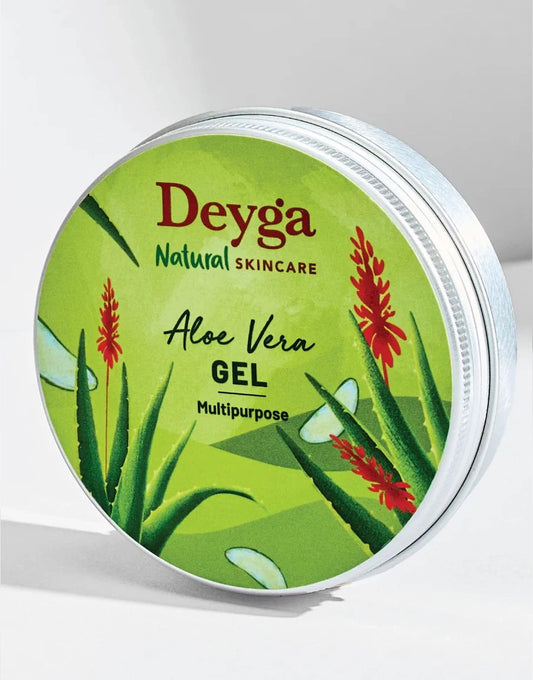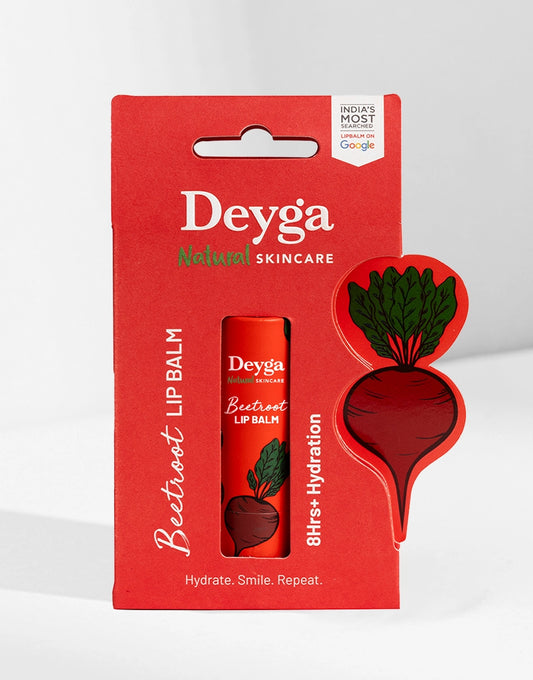Even though choosing a healthy sanitary pad matters, disposing them is also equally important.
Most of us do not consider or neglect this step, since not disposing of their property will cause unhygienic surroundings, foul smell, and even environmental harm. Since the menstrual pads have few plastics in them, the incorrect disposal will question your personal hygiene and reduce waste on mother nature.
From wrapping the used pads correctly to disposing them to a proper place, everything matters and makes a difference. This small initiative if done correctly by all of us will contribute to a better and cleaner environment and even minimize environmental hazards.
In this blog, you will know in detail about how to dispose of sanitary pads, and how they create a change in our mother nature.
How to Dispose Sanitary Pads?
While disposing, always wrap the used sanitary pad in a disposable bag and put them into the bin. Ensure to choose bins which are closed or the ones that have lids. Then, ensure to wash your hands, so that the dirt which is transmitted into your hands is shed off! Since there is a rule in India, to segregate dry and wet waste, ensure to follow in a similar way. The first step towards safe disposal starts with choosing a healthy sanitary pad that aligns with both your body's needs and environmental responsibility.
If you are using a sanitary pad, it should be only used for 5 - 6hrs and not more than that. Even if there is no strain, make sure to replace your pad. When disposing, you can wrap in the disposable bag or fold in newspaper or toilet paper, and dispose into the bin.
Why Disposal Matters?
Since most of the sanitary pads contain significant plastic content like in backsheet, adhesives, and topsheet, they do not break down easily, and should not be composted or flushed in your toilet.
Many people also wonder if sanitary pads can cause cancer due to these synthetic materials, making proper disposal a critical health and environmental practice. Disposing properly helps the environment in various ways like no odd smells and no plastic which is surrounded with air!
1. At home: The Simplest, Safest Routine
-
Ensure you have a separate bin to dispose of sanitary pads near your bathroom.
-
Wrap your pad inside a disposable pouch or covers properly.
-
Put them in the dustbin.
-
Wash off your hands with handwash post disposal.
-
While disposing from the house, dispose of them properly based on the category between dry waste and wet waste.
2. At Work, School, and Public Restrooms
-
There will be bins with lids, and you can dispose of the sanitary pad.
-
Wrap them well so that they don’t come off easily.
-
Ensure to never flush the pads, since they may clog and are not hygienic to the environment also.
If your school or workplace do not have bins, ensure to have a word with your managers or higher officials, and you will get your closed lid, which is hygienic to the entire campus.
3. Hostels, Apartments, and Community Settings
-
In these kinds of places, you will surely find sanitary waste as per Indian Rules.
-
If you do not have these basic facilities, you can raise the complaint and the necessary steps will be taken as fast as possible.
-
Keeping the place clean is mandatory since that hygiene will create an impact with everyone around us!
4. Travel & Emergencies
-
If you are travelling or not sure about the bin facilities, it is better to carry disposable bags. Never ever miss to flush your pads in the bathroom. You can dispose of it in the nearby general waste bin.
-
If you are travelling through flights, there will be directions given in the cabin. Follow and never dump into your toilet.
Environmental Notes
The readymade pads available today in the market have a bigger amount of plastics in their layers and wrappers. Hence it is not recommended to flush or compost unless the product is compostable.For better options, you can switch to reusable products such as cloth pads or period underwear.
Common Mistakes to Avoid
-
Never flush your pads since they swell, block pipes and are not safe for your environment.
-
Also do not burn them in open areas, since they will cause pollution.
-
Don’t dispose without wrapping the used pads, since they are harder to clean and are disposable.
-
Do not mix them with recyclable waste. Keep them separate from degradable waste.
Facility Manager Checklist
If you are in an organisation, here is a simple checklist which should be followed for our safety and environmental hygiene too:
-
When there is a bin, make sure to provide sanitary bins which are closed.
-
Ensure that there are disposable bags to dispose of the used sanitary pads.
-
Never flush your pads in the dustbin.
-
Make sure the pads are disposed of properly after discarding them.
Deyga new age Sanitary Pads - A Game Changer for Those Days
Introducing Deyga's best sanitary Pads, is a game changer especially for people to have comfortable menstrual cycles. Our sanitary pads are softer, rash-free, and also leak-proof; You will get a wider back and ultra absorbing capacity, which keeps you dry evenon best for heavy flow days during the menstrual cycle.
At Deyga Organics have formulated in a way where you can choose the pad sizes from Light, Medium, and Heavy, out of 12 in a box. Grab your hands on our no-rash, no-itchy pads and slay comfortably and confidently!
Conclusion:
Disposing a sanitary pad is one of the major steps in terms of personal hygiene and environmental hygiene. Ensure to wrap your pads in a disposable cover before throwing them into the dustbin. Getting your hands on eco-friendly options helps in making yourself and your surroundings safe and secure.
FAQs:
Can I flush sanitary pads down the toilet?
No. Since pads contain plastic materials on the cover, it is not safe and hygienic to flush pads in the toilet.
What’s the correct way to dispose of a used pad at home?
Fold the used pad in an inward way, put them in a disposable bag, and throw away in a closed bin.
What if the restroom has no sanitary bin?
Wrap up the pad, and place them in a disposable bag. Dispose them in a nearby waste bin outside the public places.
How should I dispose of pads in India?
PAds should be wrapped and placed in a disposable bag, before disposing in the bins. Also they are not supposed to be mixed by recyclable waste.
Are “compostable/biodegradable” pads home-compostable?
It’s generally not safe to dispose or compost a pad. Make sure to always wrap and dispose in the bin.
What about workplaces, schools, and public places?
There will be lidded sanitary pads in workplaces, schools, and public places. So properly wrap them and dispose of them in the right waste provider.
Is burning used pads okay?
No open burning is not safe. Since they should be used and operated by training staff, and are not safe for the environment.
How do I dispose of reusable products (cloth pads/period underwear) at the end of life?
You canvas and dry them in the sun, and then wrap them securely and dispose of them! Do not flush or open burn.
How do I manage disposal while traveling (flights, trains, trekking)?
Make sure to carry mini disposal bags, and dispose in the bin on any of your transports like train or flight.
How often should household sanitary bins be emptied?
When they are almost ¾th full, make sure to dispose of them properly. Else once in a couple of days is a must.
What are common mistakes to avoid?
Make sure not to flush, leave pad open without wrapping or open fire them, and also dispose in the right bin.
 Track My Order
Track My Order












